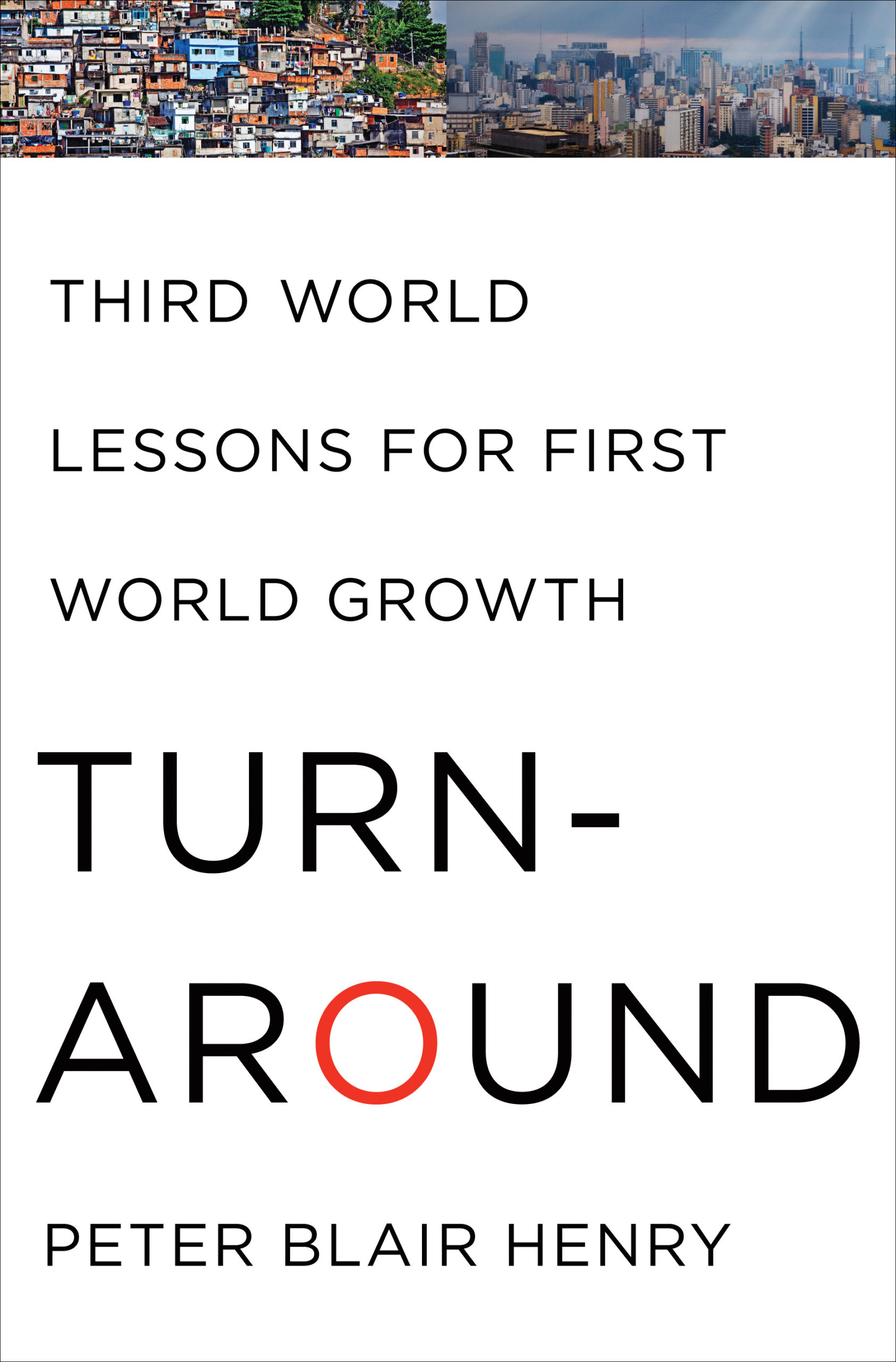Discipline: “It’s Not What You Think.”
Discipline does not mean harsh or extreme positions, like insisting on fiscal austerity. Discipline is a sustained commitment to long-term prosperity that is vigilant, flexible, and values the entire population of a country over any one individual or group.
Clarity: “Getting Past Ideology”
Unique to Turnaround, revisiting the history of reform in developing countries through the lens of their stock exchanges helps to sidestep ideology and focus on facts. The data leave little doubt that countries that seek to increase growth and improve economic efficiency should favor market-friendly policies such as those urged by James A. Baker III in the 1980s.
Trust: “Prosperity Is Not a Zero-sum Game.”
Economic interdependence means that everyone will win or everyone will lose. The First World must turn around, and emerging markets must stay the course. But prosperity for all hinges critically on whether advanced nations acknowledge the achievements of emerging economies and give them a leadership role commensurate with their contributions to the global economy.
Turnaround rejects tired, ideologically driven debates. Instead, it uses objective stock market analysis as an important complement to traditional measures of policy effectiveness. With this approach, Peter Blair Henry provides answers to the fundamental question: which policy reforms, implemented under what circumstances, actually increase economic efficiency and help countries make the most of their scarce resources.
Turnaround delivers stories that demonstrate—from the drastic income disparity between Barbados and Henry’s native Jamaica, to the “catch up” economics of China and the taming of inflation in Latin America—how, in much of the emerging world, the policy pendulum now swings in the direction of prudence and self-control. With similar discipline, “First World” nations may yet recover and create long-term prosperity for all their citizens.

